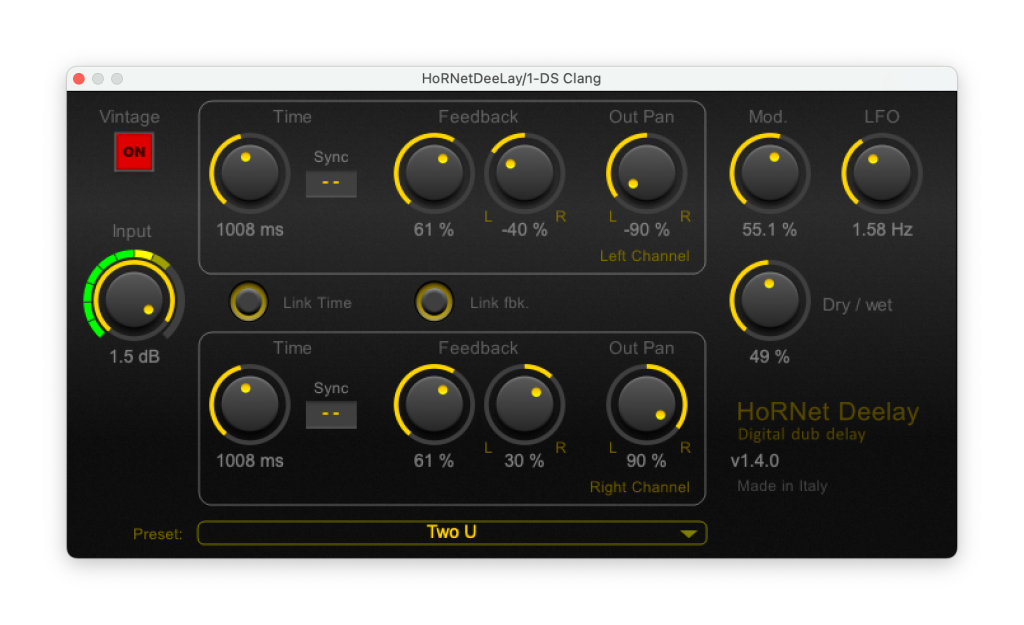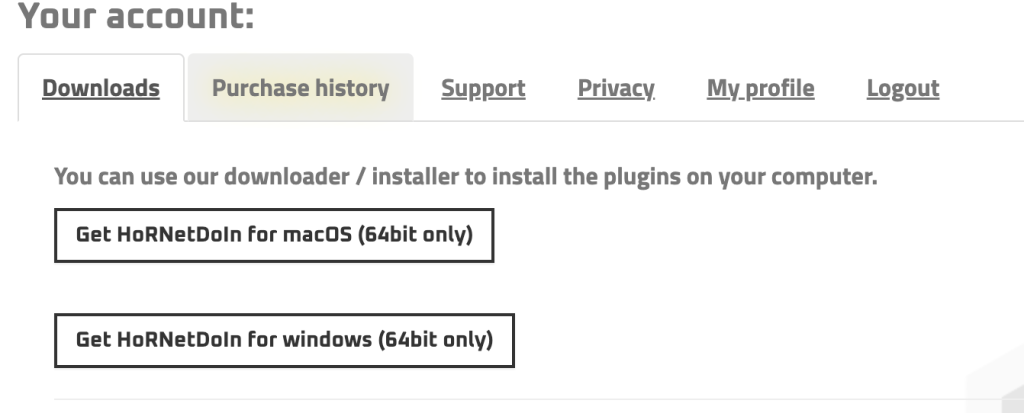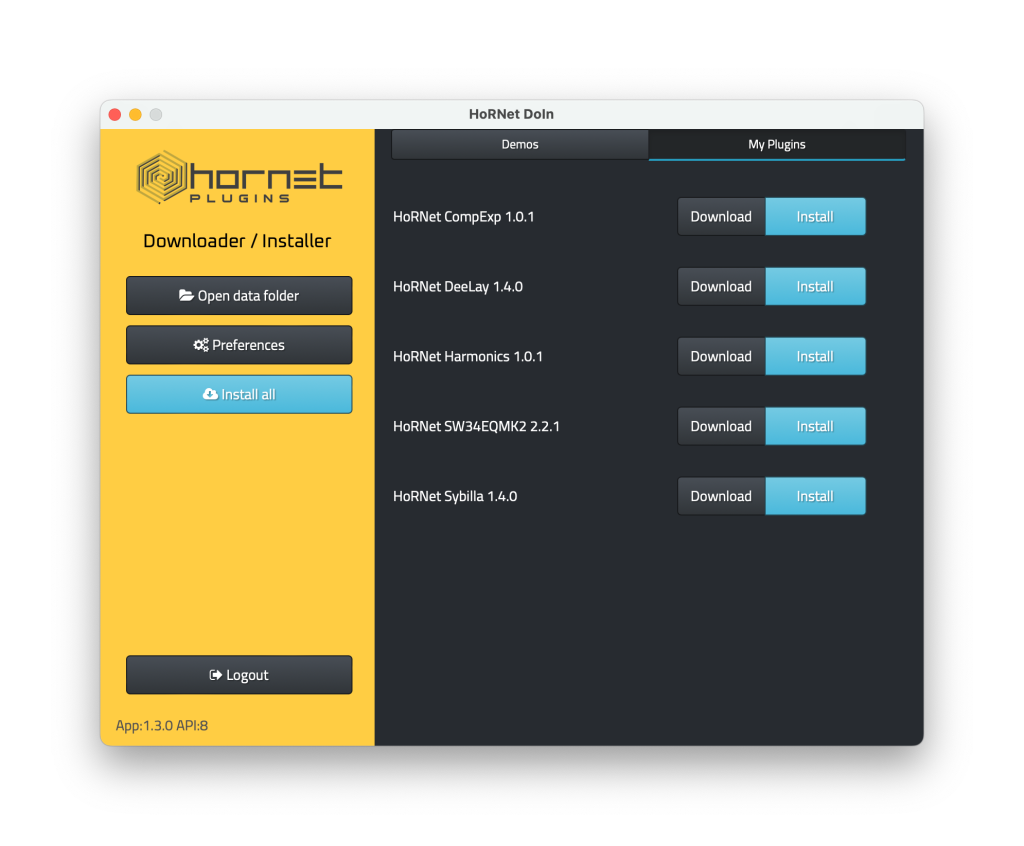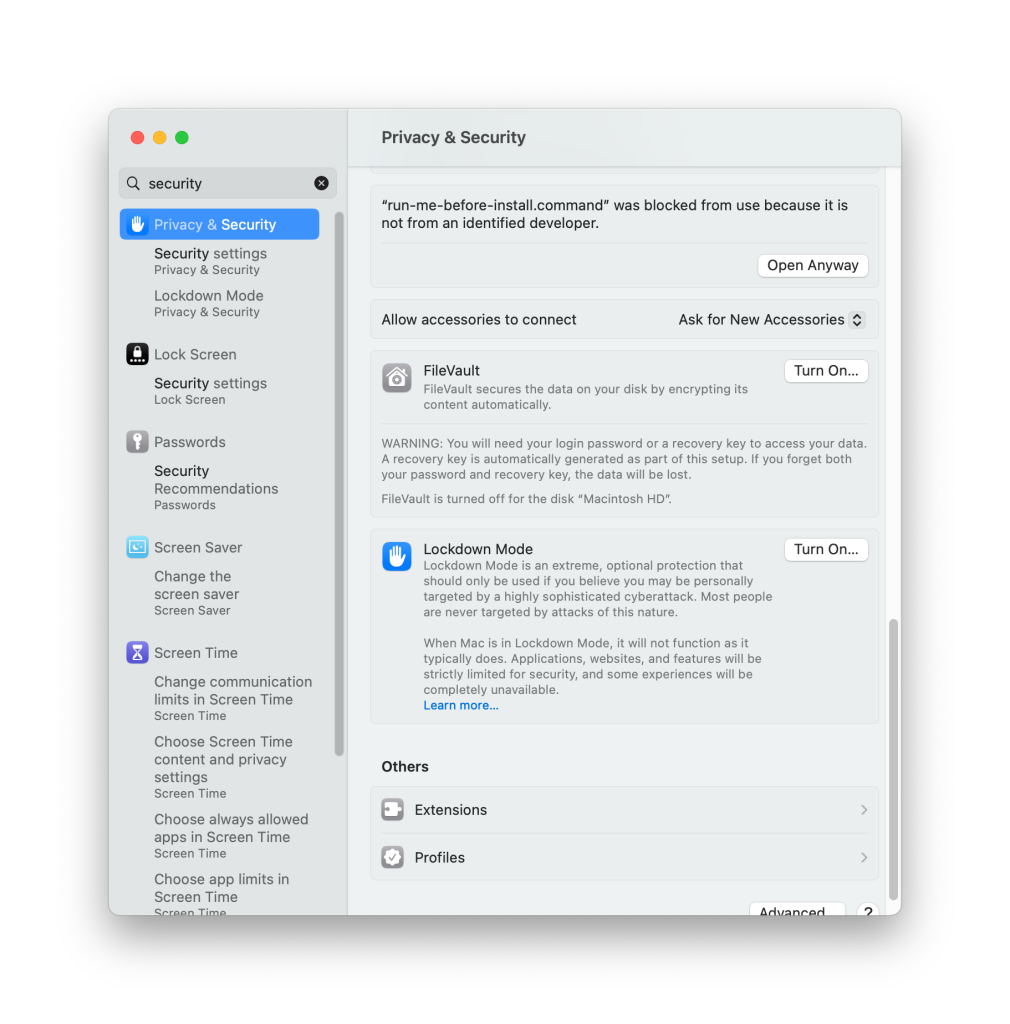“Made in Italy,” HoRNet DeeLay is just a good, simple, vintage-style digital dub delay plug-in. It runs on modern systems, too. This deal runs today only, Tuesday September 5 Italy time; here’s how to grab it and make use of it.
HoRNet are an indie developer with some really good stuff – plus this is not their only freebie, so if you got this news too late, see below. (8 bucks is the regular price for DeeLay.)
DeeLay delights

DeeLay is just a conventional 90s-style digital delay. Oddly, we have so much creative design and analog modeling these days that you might have a hard time just finding something simple. Plus it’s useful to grab these kinds of freebies if you’re collaborating.
The free plug-ins do require a registration, though you’re protected by European privacy laws.
The “vintage” in this case is vintage 80s/90s – it swaps the internal signal processing to 12-bit. A few features to note, actually:
- 100% feedback means it’s in looped mode
- 10 – 5000 ms delay times
- LFO modulates time amount (good!)
- Host sync is a little opaque, but you use the ‘sync’ button for time division of the master tempo
- Small delay times are possible
- Love that the two delays have their own independent pan controls and L/R feedback
- “Vintage” for 12-bit internal processing (worth saying that a second time, since on many delays, this alters something else – like adding a bunch of noise or changing delay time controls or something)
So there you go. Every time you think you have enough delays, you spot something like this with just slightly different controls and internal processing.
macOS 10.11+ / Windows Vista+, Apple Silicon M1 native, 64-native (32-bit support was dropped).
Automatic installation with DoIn (updated)
Whoops. While I was messing around with manual installation – partly because, no fault of HoRNet, it’s become the norm on a lot of cool Mac plug-ins these days – I missed that there’s an automatic installer.
You’ll find that under your account:

https://www.hornetplugins.com/my-account/
There are 64-bit Windows and macOS installers. You then will see all software associated with your login – including freebies – and the installer does a great job of downloading and installing them!

macOS installation (manual)
Updated: Yeah, probably don’t do this; see above. Mea culpa.
There are a couple of notes on getting around the usual Mac security headaches.
On both Mac and Windows, you’ll need to manually install files to their correct directory – so on the Mac, that’s Library / Audio / Plug-ins / and then Components (AU), AAX, VST (VST2), and VST3.
But before you do that, on newer versions of macOS, definitely run the run-me-before-install.command shell script in the install folder before you touch anything else. (You’ll have to click through a warning prompt.) This script is basically just one line – trying to elevate the install directory out of Apple’s quarantine.
You’ll have to verify that you want to run the script, too. Go to System Settings > Privacy & Security > Security and click through the warning “[xxx] was blocked from use because it is not from an identified developer.”

Let us know if you spot any more issues with install in comments so we can help each other out – but this is par for the course now with unrecognized plug-ins on the Mac.
More freebies
HoRNet has a ton of free plug-ins, all accessible here:
https://www.hornetplugins.com/plugins/category/free-vst-plugins/
Magnus Lite is a very effective clipper/limiter; I actually just used it on a mastering project that needed a ltitle extra push. Harmonics is really unique – a custom wave shaper with separately tunable harmonics, a bit like an additive synthesis waveshaper. There’s even a little Euclidean generator, plus a couple of nice collabs with Computer Music.
But my favorite is probably CompExp, a compressor expander based on a telephone chip. Fabulously lo-fi:
Iimportantly, none of these has copy protection.
If you like those, of course, and you’ve got the cash, go buy some stuff and support independent developers!